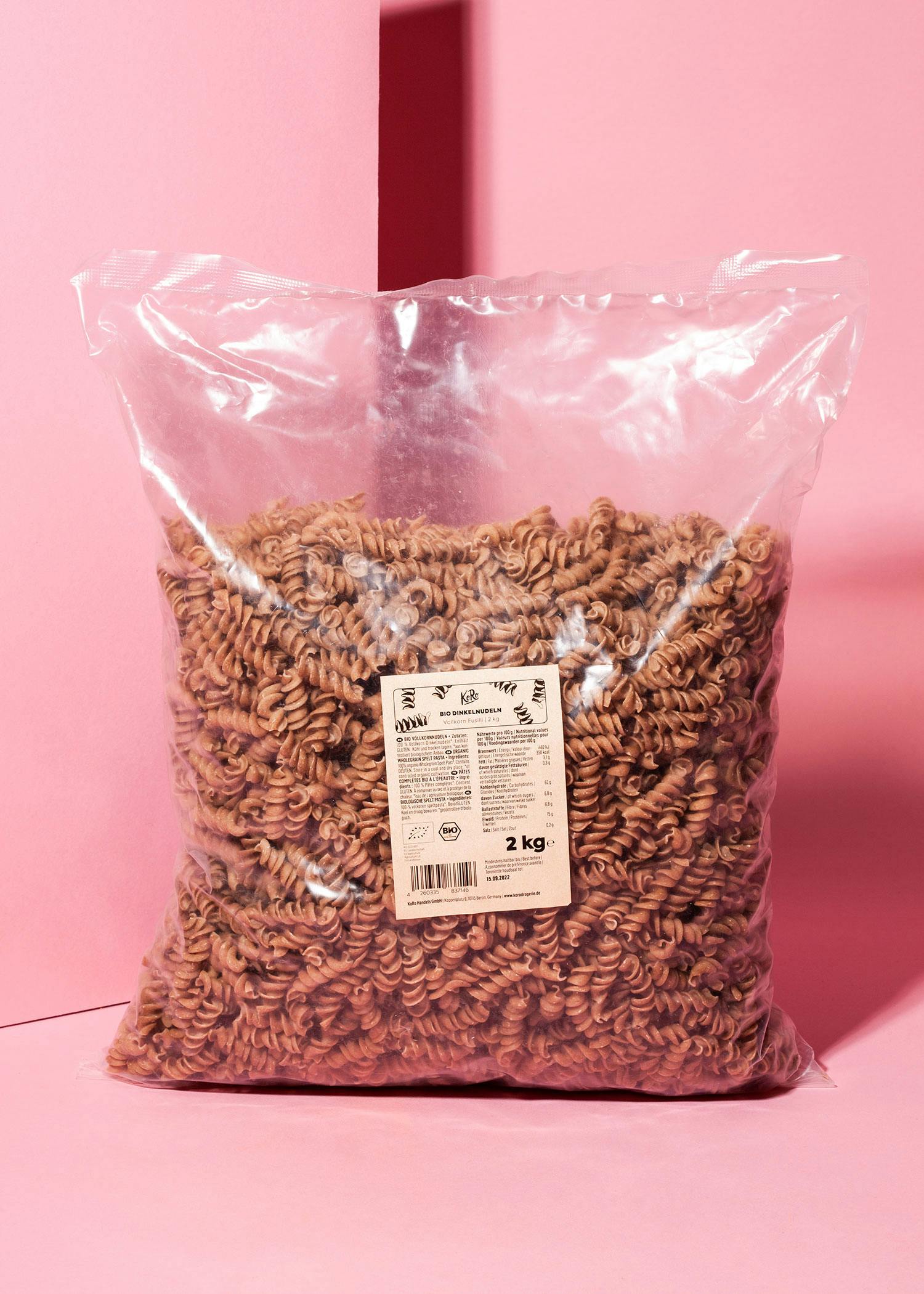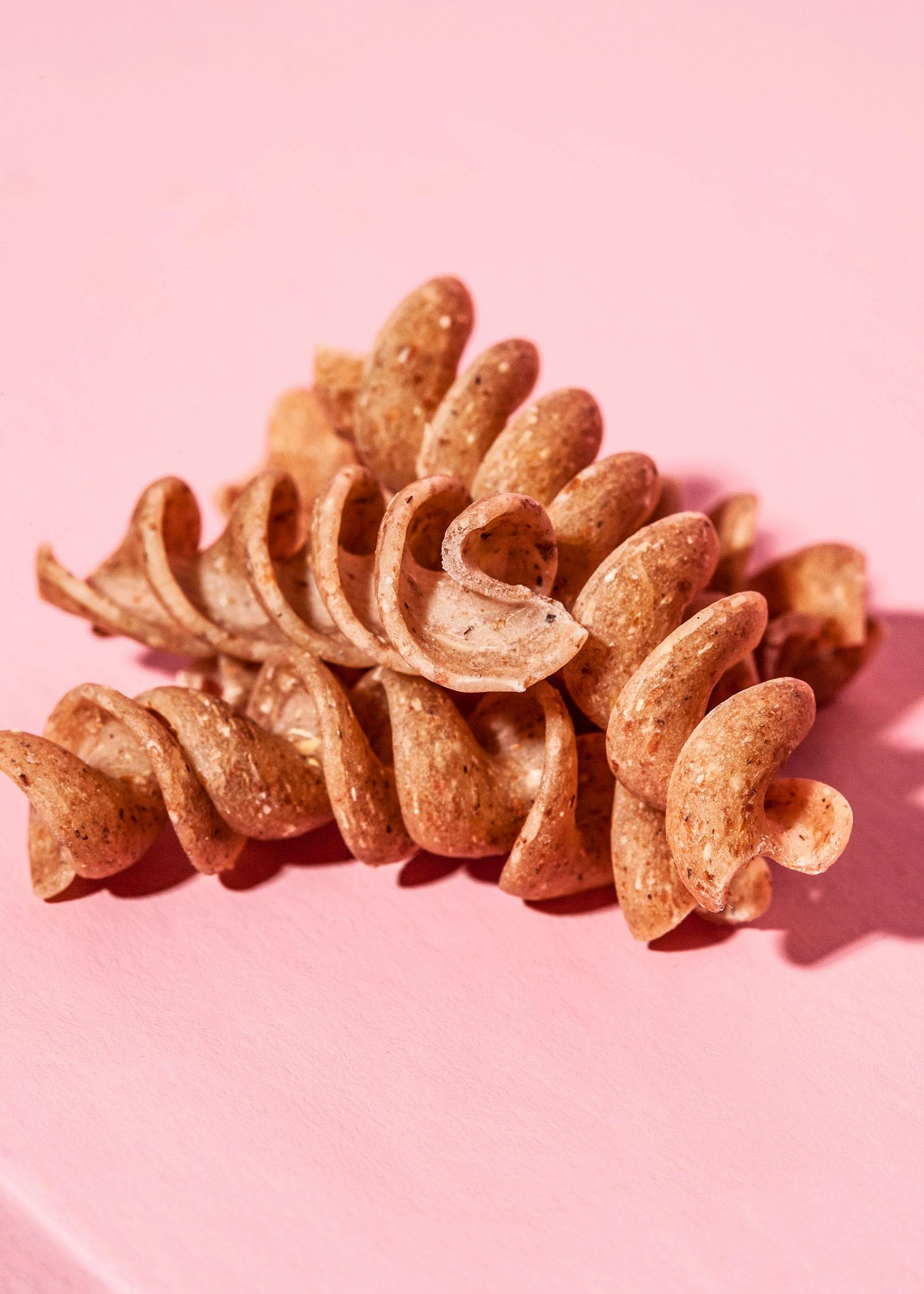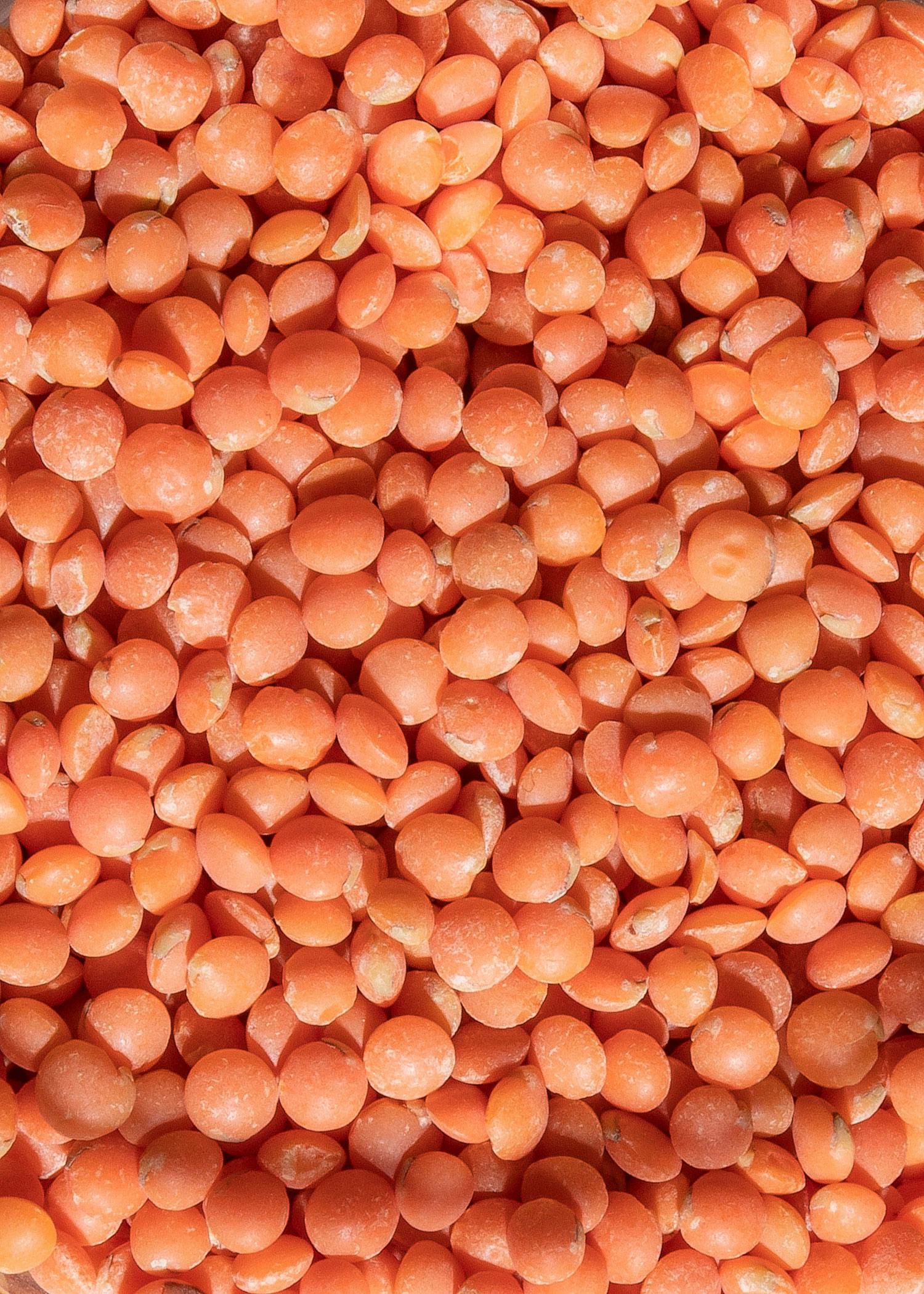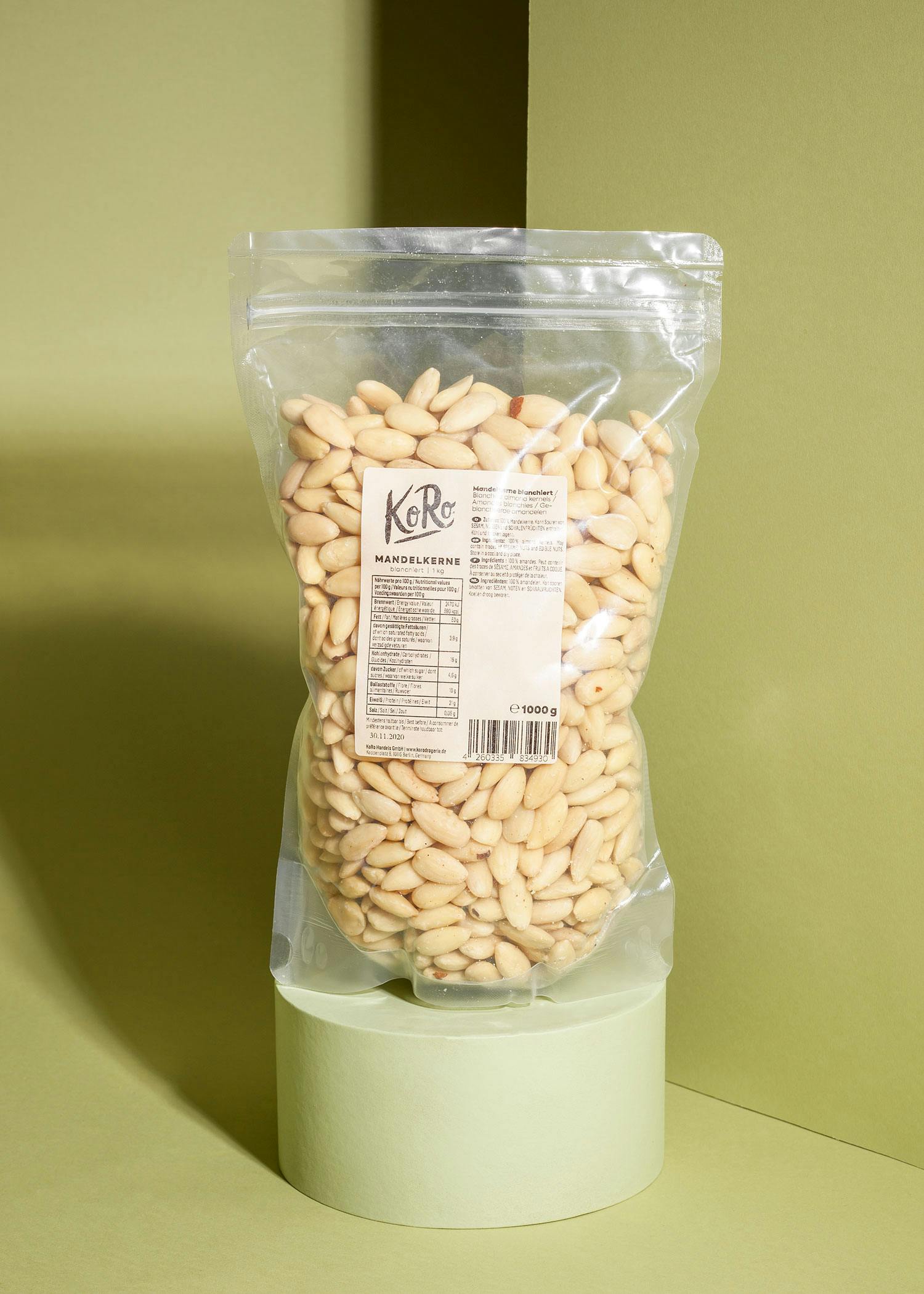What are phytochemicals?
As the name suggests, phytochemicals are only found in plants. Fruit, vegetables, whole grains, pulses and nuts contain up to 10,000 different ones! Polyphenols, sulphides, carotenoids etc. give food its taste, aroma and color. This is very nice for our eyes, nose and taste buds, but the plant hardly produces these substances for us humans, does it? For a long time, the function of phytochemicals was an unsolved mystery, as they are not primarily necessary for the survival of the plant. But it is now clear that phytochemicals may have developed so that the plant can interact with the environment. This is super smart, as it enables the plant to ward off predators and attract insects that spread the pollen. Even for us humans, phytochemicals are not among the essential nutrients that ensure our survival, but some of them can be beneficial to our health.
Multi-talents for our health
Phytochemicals are real all-rounders, especially when it comes to preventing diseases. The effects are as diverse as the group of phytochemicals themselves! For example, they can reduce the risk of developing cancer and lower cholesterol levels and blood pressure. They can also strengthen the immune system, have an anti-inflammatory effect and possess antioxidant and antibacterial properties - crazy, right?
But how can these little helpers do such great things? That's a very good question, because how exactly the phytochemicals work in the body is still being researched in detail. But one thing is clear: plenty of fresh food has a positive effect on health. So treat yourself regularly to fruit, vegetables, wholegrain cereals, pulses and nuts for your daily portion of phytochemicals. But we have another trick up our sleeve to help you maximize your intake: Avoid peeling apples, cucumbers etc. and instead wash them thoroughly just once - the phytochemicals are often hidden in the skin.
How many phytochemicals should I eat every day?
The German Nutrition Society (DGE) does not yet recommend a specific amount of phytochemicals. Currently, mixed dieters consume around 1.5 g per day, vegetarians and vegans probably even more. And rightly so, because as you now know, phytochemicals not only make your meals more colorful and tasty, but can also have a preventive effect on the development of certain diseases. Good-to-know: You should avoid isolated nutrient supplements, as excessive doses could potentially have a toxic effect. So stock up on a variety of fruit and vegetables and eat them several times a day! Because with a colorful mix of fresh foods, you are consuming a diverse combination of phytochemicals and other valuable ingredients on top. So both the eye and your health eat too - win win!







